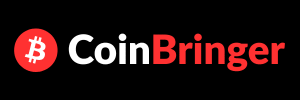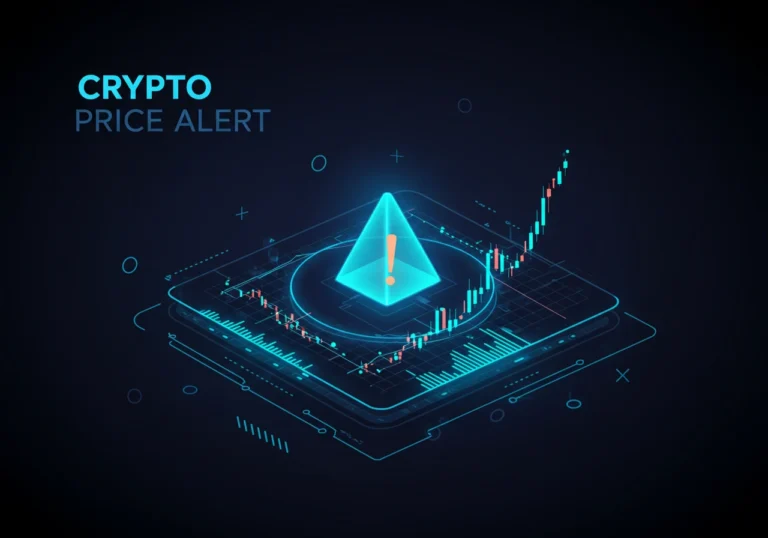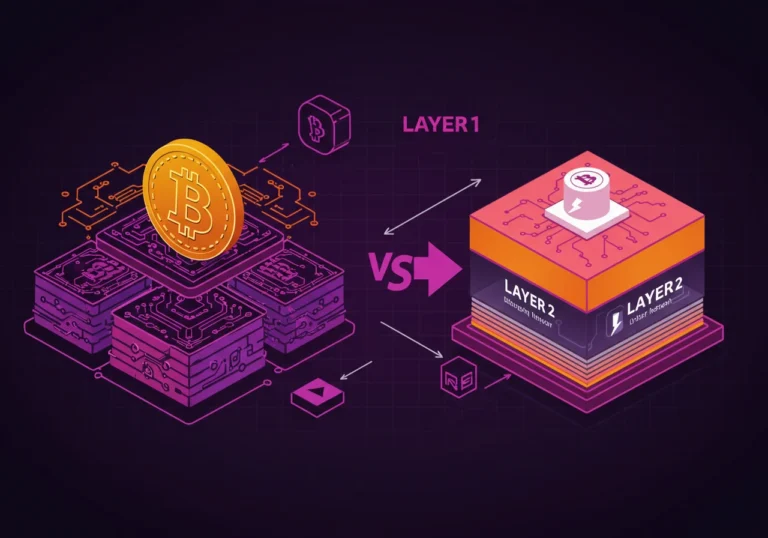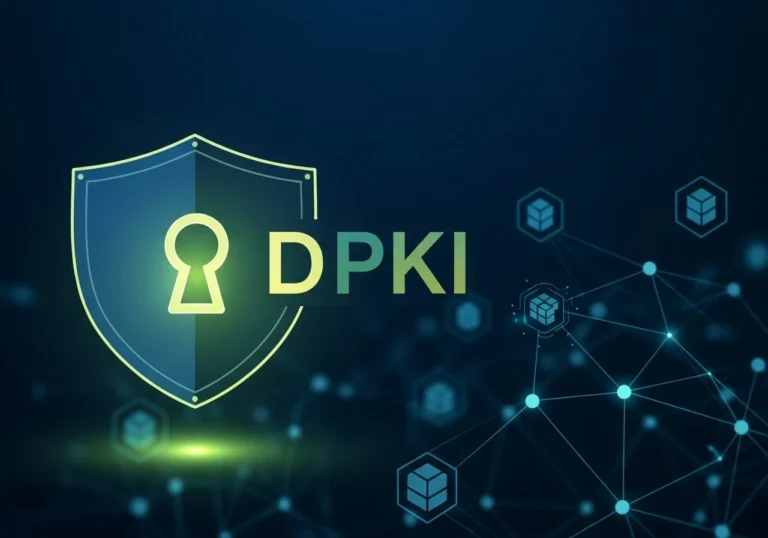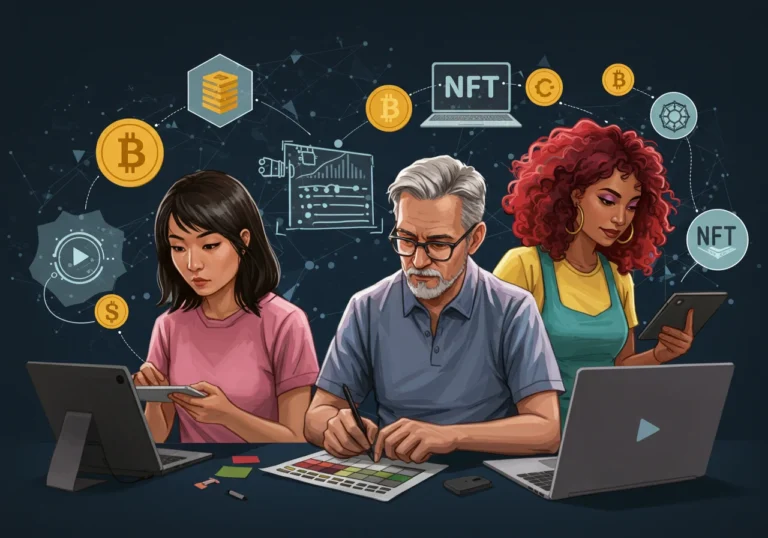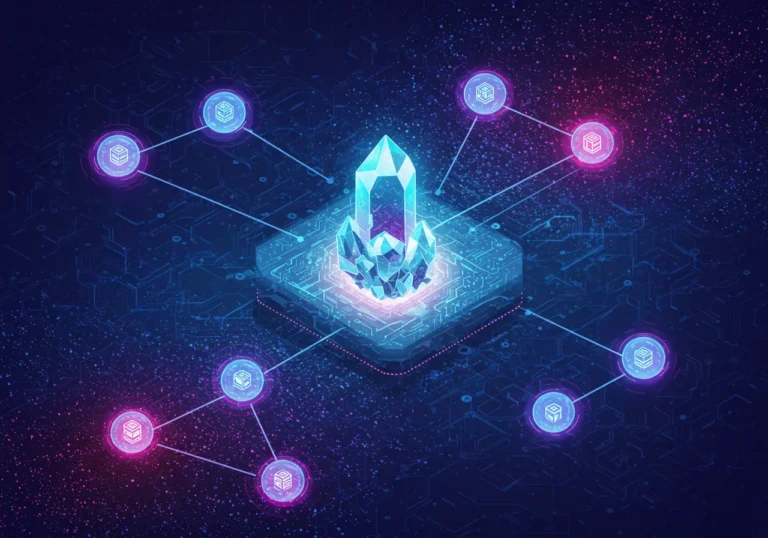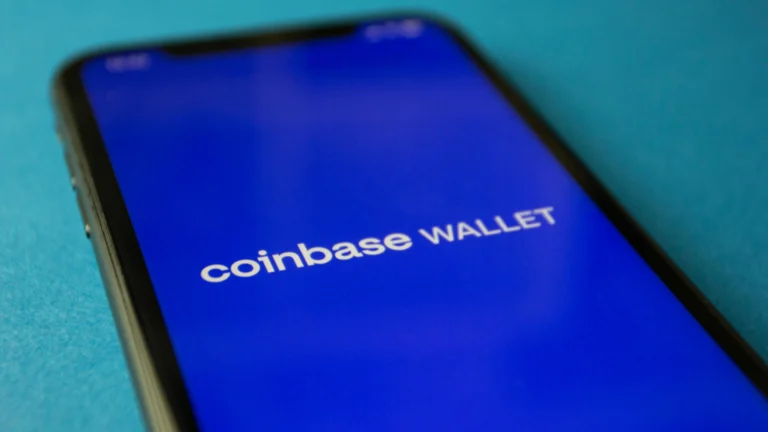DAOs Explained: Turning Your Group Chat Into a Secure Powerhouse
Remember that neighborhood garden where everyone debates where the tomatoes go, chips in a bit of cash, and votes on what to buy next? That sense of shared ownership? That’s the heart of what a DAO tries to recreate—just digitally, and often on a much larger scale.
DAOs—short for Decentralized Autonomous Organizations—are like internet-native communities powered by code. Think of them as smart clubs where decisions are made collectively through digital votes, and rules are enforced by software instead of leaders. Members hold special tokens that act like voting rights, giving them a say in everything from how money is spent to what direction the project takes.
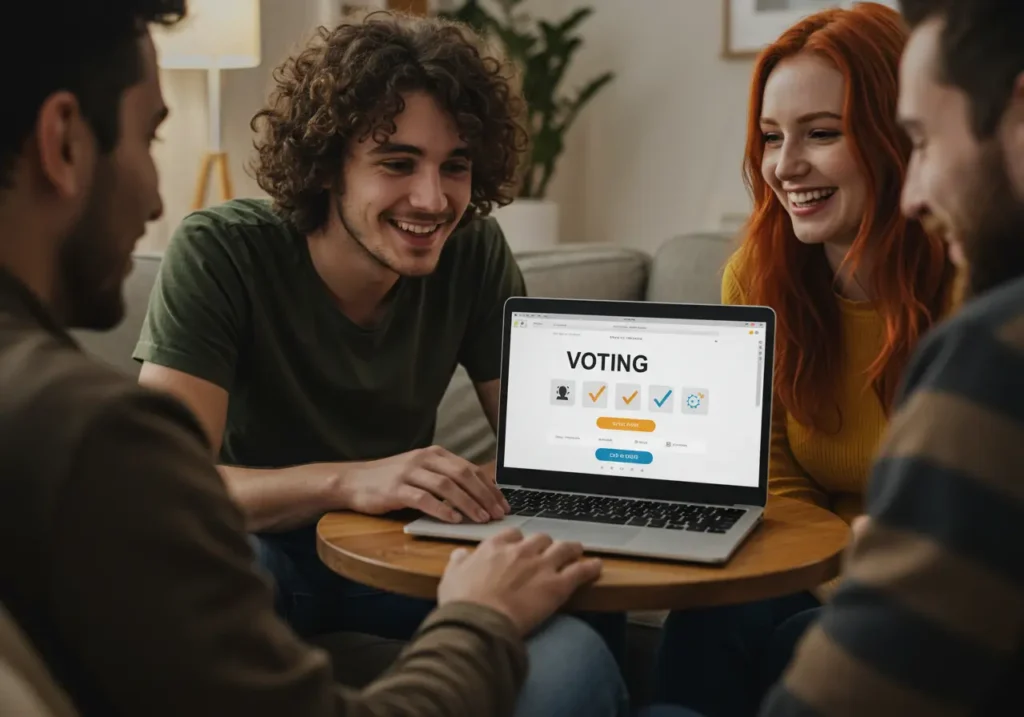
So, What’s a DAO, Really? (Think Digital Clubhouse)
Picture your local co-op grocery store. Now imagine instead of a manager, every member votes on what produce to stock, where the lights go, and how to spend the profits. The rules for how they vote? Written in unchangeable computer code (that’s the role of smart contracts in decentralized governance). If the vote passes, the code automatically does the thing – sends money, updates the website, whatever. No waiting for someone’s approval.
Why’s this a big deal?
- No Single Point of Failure: If the president of your gardening club moves to Fiji, chaos! A DAO keeps chugging because the rules live on the internet, not in one person’s head.
- Anyone, Anywhere: Got tokens? You vote. Tokyo or Texas doesn’t matter.
- See-Through Rules: Every proposal, vote, and transaction? Open for anyone to check. No smoky back rooms.
This is blockchain-based decentralized governance. Power spread out, not piled up at the top.
Why All the Fuss? The Good Stuff!
The benefits of decentralized decision-making are pretty sweet:
- Your Voice Actually Matters: Got a killer idea for the project? Pitch it! If enough members dig it, it happens. No climbing a corporate ladder.
- Trust Built-In: Rules run by code, not promises. If the vote says “Send $5K to Sarah for the new website,” the code sends it. Done.
- Vote in Your Pajamas: Seriously. Check proposals on your phone while waiting for coffee. Participation isn’t stuck in some boardroom.
- Tough to Stop: No office to shut down. The rules live across thousands of computers.
- People Power: DAOs fund artists, build free software, even buy cool stuff together. It’s decentralized governance and community empowerment at its core.

Okay, But It’s Not All Sunshine (The Tricky Bits)
DAOs are cool, but they ain’t perfect. Here’s the rub:
🛡️ Security: Where Things Get Sweaty
- Code Cracks: A tiny mistake in the rules (the smart contract) can drain the whole bank account. Remember that DAO that lost millions overnight? Yikes.
- Ghost Voters: Lots of folks have tokens but don’t vote. Too busy? Too confusing? This means a small, loud group can steer the ship.
- Whale Watching: If one person owns 40% of the tokens, they get 40% of the votes. Can feel like they’re driving, even if others disagree.
- Sneaky Scams: Fake voting links in Discord. Phony “official” messages. Easy to trick folks into giving up access.
🤔 Participation Puzzles
- Feels Like Homework: Understanding proposals, connecting wallets, voting… it can overwhelm new folks.
- Info Tsunami: Discord chats, forum posts, votes… keeping up feels like a second job sometimes!
- Who Decides the Fights?: Big disagreements get messy. No central “referee” makes it tough.
- Legal Limbo: Is a DAO a company? A club? Who’s responsible if things go south? Governments are still scratching their heads.
These challenges of implementing decentralized governance mean DAOs need careful setup – and members who stay alert.
How Voting Actually Works (Simplified!)
Most DAOs vote using tokens. Here’s the usual dance:
- Pitch: Someone says, “Hey, let’s fund a new logo for $3k!” (That’s the proposal).
- Chatter: Everyone talks it over on Discord or forums. For days. Maybe weeks.
- Temperature Check: A quick, free vote (“Snapshot”) sees if folks like the idea.
- The Real Deal: If it passes the sniff test, a formal vote happens on the blockchain. Connect your wallet, click “Yes” or “No,” pay a tiny network fee (gas).
- Auto-Pilot: Vote passes? The smart contract sends the money. Automatically.
Decentralized voting systems analysis shows different styles:
- 1 Token = 1 Vote: Simple, but whales have big votes.
- Quadratic Voting: Casting LOTS of votes costs you more tokens. Helps balance whale power.
- Reputation Voting: Votes based on your contributions, not just token stash.
Table of Contents
Keeping Your DAO Safe: You’ve Got Skin in the Game!
Security isn’t just for nerds. Every member matters:
- Double-Check Everything: Is that Discord admin really who they say? Did that vote link come from the official DAO site? Be suspicious!
- Lock Up Your Tokens: Use a hardware wallet (like a USB key for crypto). Way safer than leaving them online.
- Delegation? Choose Wisely: Letting someone vote for you? Only trust folks who’ve earned it.
- Actually Read Stuff: Don’t just mash the “Yes” button. Understand what you’re voting on. Ask questions!
- Demand Safety Checks: Good DAOs get their code audited by pros before launch and after big changes. Ask if yours did!
“The importance of transparency in decentralized decision-making isn’t just feel-good stuff—it’s your security blanket. When everything’s out in the open, scammers have fewer shadows to hide in.”
Are DAOs Actually Changing Things? (Spoiler: Yes!)
DAOs aren’t just crypto playthings:
- Funding the Commons: Gitcoin DAO gives cash to folks building free, open-source software we all use.
- Owning Cool Stuff: ConstitutionDAO almost bought a real copy of the U.S. Constitution! Thousands chipped in.
- Running the Show: MakerDAO uses member votes to manage the DAI stablecoin – real money stuff!
- Artist Power: Groups like SongADAO buy music rights together and share the rewards.
The impact of decentralized governance on traditional institutions is starting to ripple. Could local clubs, charities, or even towns borrow DAO ideas? Some are already tinkering!
Should You Dive Into a DAO?
Maybe! If you:
✅ Really care about the project’s goal.
✅ Don’t mind learning (and asking “dumb” questions!).
✅ Get that it’s risky (only play with money you can lose!).
✅ Want to participate, not just sit back.
Dip your toe in first:
- Lurk Like a Pro: Join their Discord. Read proposals. Watch how folks interact.
- Buy a Tiny Bit: Get some tokens. Just a little! Now you’re invested.
- Cast One Vote: Try the voting process. See how it feels.
- Suggest Something Small: “Can we add meeting notes to the website?” Baby steps!
The Future: Messy, Hopeful, Human
DAOs are clunky sometimes. Security scares happen. People argue. But walking past that community garden last week? Saw those tomatoes thriving by the fence – the spot folks voted for. The messy process worked.
DAOs offer something wild: a way to organize that’s open, global, and tough to control from the top. The tech (decentralized governance in the context of cryptocurrency) is just the tool. The real magic? People showing up, debating ideas, and building stuff together.
It ain’t about perfection. It’s about pitching in. And looking out for each other while we figure it out.
🔑 DAOs in a Nutshell
- What: Member-run groups using blockchain & automated rules (smart contracts) for decisions.
- The Dream: Transparency, global access, less top-down control.
- Watch Out For: Code bugs, whale dominance, scams, low voter turnout.
- Participation Hurdles: Can be complex, time-consuming, conflicts arise.
- Voting Styles: Token-based (1 token = 1 vote), quadratic (more votes cost more), reputation-based.
- Stay Safe: Verify links, use hardware wallets, read before voting, demand code audits.
- In the Wild: Funding projects, running protocols, owning assets as a group.
- Jump In? If the mission excites you, you get the risks, and you want to do stuff, not just watch.

Hello, I’m Edmilson Dias, founder of CoinBringer. I created this platform to guide people through the fast-moving world of cryptocurrency with clarity and safety. With years of research in blockchain and digital security, my goal is to translate complex topics into practical knowledge, offering reliable tutorials, safety insights, and guidance for both newcomers and experienced users.
Discover more from CoinBringer
Subscribe to get the latest posts sent to your email.
